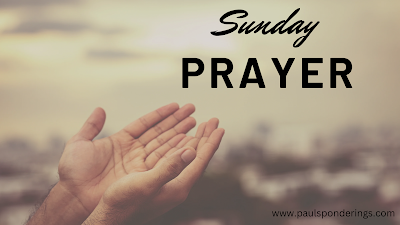But what exactly are the benefits of having a morning routine, and why is it so important?
Having a consistent morning routine can provide numerous benefits to your mental and physical well-being. Here are just a few of them:
- Sets the Tone for the Day — Starting your day off with a consistent routine helps to set the tone for the rest of the day. When you have a set routine that you follow every morning, it gives you a sense of control and structure. This can help to reduce stress and anxiety and create a sense of calm and focus.
- Boosts Productivity — When you have a morning routine, you start your day with intention and purpose. This can help to boost productivity and increase your overall effectiveness throughout the day. By starting your day off with tasks that are important to you, you can create momentum that carries you through the rest of your day.
- Improves Mental Health — A morning routine can also be beneficial for your mental health. When you have a set routine, it can help to reduce anxiety and stress. Taking time for yourself in the morning can also help you feel more centered and grounded. This can help you to start your day with a positive attitude and increase your overall well-being.
- Creates Consistency — Consistency is key when it comes to creating habits that stick. By establishing a morning routine, you can create consistency in your life. This consistency can help you to feel more in control of your life and can help you to establish other healthy habits throughout your day.
- Increases Energy — A morning routine can help to increase your energy levels. When you start your day with healthy habits, such as exercise, meditation, or a healthy breakfast, it can help to give you a boost of energy that lasts throughout the day. This can help you to feel more alert and focused and can improve your overall productivity and well-being.
Here are some tips for creating a morning routine that works for you:
- Start with your ideal wake-up time — Decide what time you want to wake up each morning and plan your routine around that.
- Include activities that energize you — Consider including activities like walking, weight lifting, yoga, or body weight exercises - anything that helps you feel energized and focused.
- Plan for what needs to be done — Think about the things you need to do to get ready for the day, like taking a shower, eating breakfast, and brushing your teeth. These activities are a normal part of the morning, but they need to be scheduled, otherwise, the routine will feel hurried and unhelpful.
- Make time for spiritual formation — Consider what disciplines would be beneficial to do on a daily basis and would get the day started on the right foot. Disciplines such as Bible reading, prayer, singing worship music, meditation, or journaling. These activities can help you focus the day on God.
- Be consistent — Stick to your morning routine as much as possible, even on weekends. This will help you create a habit and reap the full benefits of a consistent routine.
- Be flexible — Be open to adjusting your routine as needed. Life is unpredictable, so be willing to make changes when necessary.
To make the most of this habit, it's important to maintain a balance of consistency and flexibility, and to prioritize activities that align with our well-being and values. As good stewards of our time, we can leverage the power of a morning routine to enhance our lives and make progress towards our goals.







